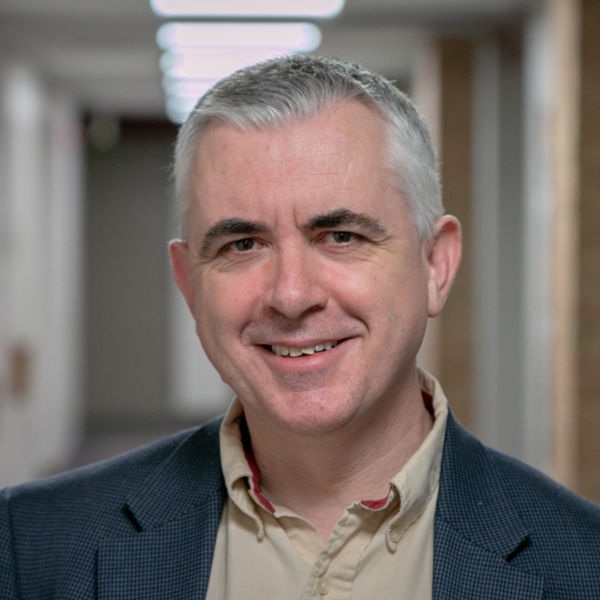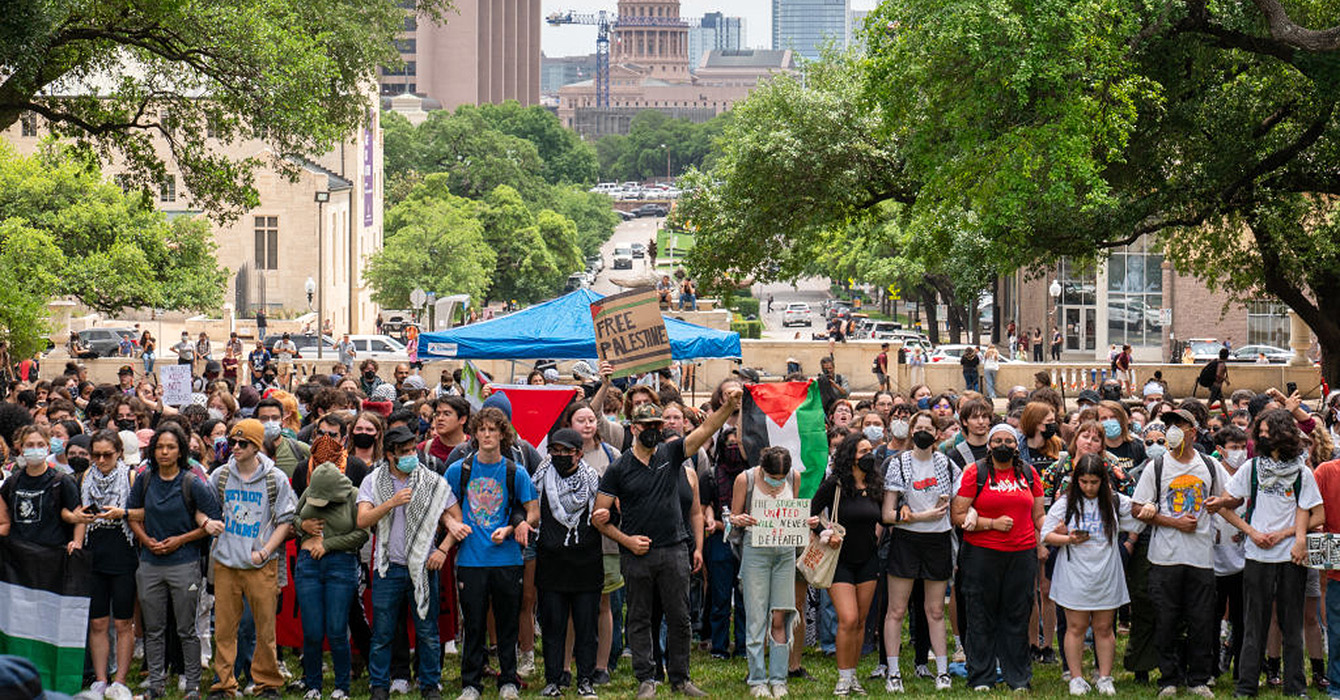I am the president of a theological college. I go to conferences and church meetings where leaders of the church and theological education promote collaboration. We say it aloud: Do not compete. Cooperate!
As leaders in the world of theological education, we are reminded of the work to faithfully steward resources for the mission of God in the world. And the message is that we do this best together. Amen.
But academics and the theologically trained find collaboration hard to achieve. Why? I think collaboration takes trust, and this is difficult when the room is filled with people schooled in and formed by the hermeneutics of suspicion. We get cagey about cooperation. We gather intel on others. We ask what’s really going on here. We encourage others to disclose and think it clever to keep our cards close.
We text our confederates during the meetings sometimes, perhaps to mitigate against real openness or to consolidate our interest group. I know, because I have sent and received those texts!
What do I mean here by the hermeneutics of suspicion? Theologians and clergy are trained in suspicious reading. It means we read texts and situations for subtexts and assumed worlds. That mindset seeps into the whole of life and becomes a barrier to collaboration.
I want to make the case, with thanks to Elvis Presley, that “we can’t go on together with suspicious minds” — or at least with suspicious minds as the privileged interpretative modus operandi.
From a Christian standpoint, collaboration requires that I love and trust my neighbor, who is made in God’s image and beloved by God, and that I regard my engagement with colleagues as sites of transformation by the grace of the Holy Spirit. It requires that we work together toward some kind of positive flourishing. That is why I want to stay present to them.
So why not trust as a default? Why not suspect only where wisdom and experience warrant it? Of course, there are limits: Trust is not an invitation to perpetual hurt or tiresome, vexatious engagement. However, that’s the exception. Practically speaking, we can get further faster in the service of our mission (and God’s) through collaboration and trust.
We live in a time when trust is crucial to the future of theological education and the life of the church. Partnerships that are effective require trust and mutual disclosure, truth telling (instead of maintaining a mythology about the present or the past that doesn’t exist), and honesty around sharing of plans and resources, sometimes even at a granular level.
Collaboration is the act of doing or making something together. To commit to and follow through on cooperative projects requires depth of formation and the kind of piety that takes joy in the success of others or success with others rather than a disposition toward schadenfreude at their failure or, as Miroslav Volf says in “The Cost of Ambition,” vainglory — not from being better, but from being better than or smarter than. That’s why in our meetings the prize goes to the person who can best articulate the trouble we’re in.
Suspicion and critique have their “affective delights” and “heroic pedagogy,” says Rita Felski, the John Stewart Bryan Professor of English at the University of Virginia, in her book “The Limits of Critique.” After all, who doesn’t like feeling smarter than the author or speaker by “troubling” an idea or sleuthing out the real motivation?
Collaboration supposes that others have gifts to bring as we have gifts to bring, that our charisms (spiritual gifts) are not complete without the charisms of others. It supposes the mutuality espoused in the New Testament — “outdo one another in showing honor” (Romans 12:10). This text, Volf says, pushes against self-inflation and self-degradation in favor of mutual care and honor. Suspicion as the primary approach to an opportunity for collaboration will, at the very least, stall efforts and, at the very worst, undermine our attempts to work in collaborative mutuality.
Of course, we need to think and read critically — both rooms and texts. We teach and practice suspicion in the academy with sophisticated finesse. Sometimes suspicion is warranted by the track record of the writer or the speaker. Shallow, self-interested, racist, sexist and naive claims ought to be resisted in favor of depth and the best interests and common life of all God’s beloved. Stefan Collini in his book “What are Universities For?” asserts that we should be most suspicious of ourselves and the tools we use for making sense of what other people do. That sounds like Calvin.
And yet, newcomers to academia undergo catechesis in critical theories that stoke suspicion as a — if not the — principal interpretative aptitude. Suspicion is a default of the Western academy, where many theological schools are embedded. The cost of privileging this vinegary approach to reading a text or a situation is high. “To change the world, we need an ‘I have a dream’ speech, not an ‘I have a complaint’ speech,” Volf says in “For the Life of the World.”
Envisioning by grace a positive alternative, a possible God-conjured world, calls for amicable cohabitation as opposed to forensic fault-finding. Felski questions an educational process in which we graduates become articulate and witty in our criticisms “and tongue-tied about our loves.”
What a salient point, since it is love that moves us to action in the world. Compassion gets us working together, and gratitude for others moves us to joy. Jesus was moved by compassion, a deep, visceral, incarnate resonance to heal and reconcile others. In the Bible we are promised that hearts of stone will be replaced by hearts of flesh (Ezekiel 36:26). And it is the heart that directs the life in Scripture.
Suspicion, as the highbrow interpretative disposition, undercuts collaboration in the church and the Christian academy and common participation in the mission of Jesus Christ. By the grace of the Holy Spirit, we can instead respond to our meetings and readings constructively, creatively and compassionately.
We do it for the love of God, the edification of the church, faithful stewardship of resources with our theological neighbors and joint participation in the ongoing mission of Jesus Christ. Taking this different approach would be a delightful, faithful step in the sanctification and stewardship of resources entrusted to us. We can go on together — with less suspicious, more trusting minds.
Suspicion is a default of the Western academy, where many theological schools are embedded.



















